Embracing Change: The Power of Focusing on What Matters
- Oct 08, 2024
- By personifyadmin
- In Newsletters
- 0 Comments
Whether it’s a change in season, our homes, or our teams, most of us are fascinated by makeovers. I know I spend way too much time watching the HGTV channel myself. From magazines to trainings to television shows, we all drink in reinventions of almost every conceivable thing: rooms, closets, cars, bodies, even relationships. Why? Because aside from a little silliness here and there, makeovers are particularly instructive. They offer a window into the process of transformation, the whys, the hows, and the actions that bring it about. Wanting to do something better… it is an outer expression of an inner desire.
On the one hand, change can be fun and anticipatory. As mentioned above, reinventing or refreshing a space can be creative and invigorating, and the change of seasons to Fall welcomes cooler temperatures and the beauty of the changing leaves. On the other hand, change can be really hard. Especially if the change is not something you wanted or anticipated, like the people devastated by Hurricane Helene, the passing of a loved one, or a relationship ending badly. There are also many massive changes going on in the world right now, such as our impending election and unpredictable war-torn areas of the globe.
When we experience changes outside our control, like those mentioned earlier, it’s easy to feel overwhelmed. But this is where understanding an “Internal Locus of Control” can make a difference. By focusing on the things we can control, we shift our perspective from helplessness to empowerment. Sure, we may not be able to control natural disasters or global conflicts, but we can influence our personal reactions and decisions. This mindset helps keep us grounded amidst uncertainty, allowing us to take small, intentional steps that make a big impact in our immediate environment. Whether it’s creating a more positive atmosphere at work, maintaining our physical well-being, or simply offering a kind word to someone struggling, these are all areas where our actions matter. Rather than getting swept away by the forces we can’t influence, staying anchored in the things we can directly manage helps us remain resilient and proactive in the face of change.
Our Personify Leadership course teaches skills in this area, specifically in the Mind of a Leader module, where we focus on emotional resiliency. Let me know if you are interested in learning more about this; we’d love to talk with you! Register for our next Open Enrollment class.
Questions to ask yourself:
- Q1: How can practicing an internal locus of control help leaders maintain resilience during organizational changes?
- Q2: What small, daily actions can help reinforce a focus on things within your control, even when larger situations seem overwhelming?
- Q3: How can teams be encouraged to focus on the elements they control during high-stress periods at work?
What would you add to this list?
If you are interested in building more skills in this area, consider registering for our next Open Enrollment course.
Leadership Personified: An Interview with Jeff Hudson of Marquette Transportation
- Oct 02, 2024
- By personifyadmin
- In Media, News, Newsletters, Video
- 0 Comments
In our third episode of “Leadership Personified,” Michelle Cummings, CEO, Co-Founder, and Chief Creative Officer, interviews Jeff Hudson of Marquette Transportation. In this conversation, Jeff shares his insights on how the Personify Leadership program resonates with the mariners and leaders internally at Marquette.
Don’t miss this insightful discussion on leadership, growth, and the real-world applications of Personify Leadership. Watch the full interview now and discover how Jeff is making a difference through leadership excellence.
Leading with Intention: The Heart of Effective Leadership
- Sep 04, 2024
- By personifyadmin
- In Newsletters
- 0 Comments
At the core of successful leadership lies intention—the purpose behind every action a leader takes. This month we’re focusing on the first of our eight competencies, the Heart of a Leader.
The “Heart of a Leader” module in the Personify Leadership program emphasizes this, helping leaders align their intentions with their actions. Leaders who consistently focus on their team’s best interests build stronger connections and foster trust within their organizations. This trust, formed through intentional and transparent leadership, is the foundation of effective and respected leadership.
Understanding the signals you send is essential to ensuring that your actions reflect your true intentions. Often, a leader’s behavior sends unintended messages, leading to misalignment between what is said and what is done. In the “Heart of a Leader” module, leaders are encouraged to become more aware of the signals they send. Whether leading a team meeting or giving feedback, a leader must ensure their actions reflect their intent to support and uplift the team, not just drive personal success.
Trust in leadership also hinges on the “Law of Reciprocity.” As leaders, the signals you send and the actions you take will often be mirrored by your team. This reciprocal relationship underscores the importance of setting positive examples and leading by example. Leaders who prioritize the well-being of others often find their teams responding with increased loyalty, dedication, and a shared commitment to organizational goals.
Ultimately, intentional leadership is about aligning personal, team, and organizational interests. Leaders must regularly reflect on their actions and their impact on those they lead. By doing so, they can foster a work environment built on trust, where every team member feels valued, respected, and motivated to contribute. Leading with intention ensures that a leader’s heart is always in the right place, guiding their team toward collective success.
Questions to ask yourself:
- Q1: How can you become more aware of the signals you are sending to your teams?
- Q2: What practical steps can you take to build a trust-rich environment using the Law of Reciprocity?
- Q3: How does aligning personal and organizational interests benefit long-term team success?
What would you add to this list?
If you are interested in building more skills in this area, consider registering for our next Open Enrollment course.
Leadership Personified: An Interview with Kim Dennis of Veolia North America
- Sep 04, 2024
- By personifyadmin
- In Media, News, Newsletters, Video
- 0 Comments
In our second episode of “Leadership Personified,” Michelle Cummings, CEO, Co-Founder, and Chief Creative Officer, interviews Kim Dennis of Veolia North America. In this conversation, Kim shares her love for the Personify Leadership program, what inspired her to become certified, and how the program is inspiring leaders internally at Veolia.
Don’t miss this insightful discussion on leadership, growth, and the real-world applications of Personify Leadership. Watch the full interview now and discover how Kim is making a global difference through leadership excellence.
Leadership Personified: An Interview with Gerry Singleton of Montana’s Credit Unions
- Aug 13, 2024
- By personifyadmin
- In Media, News, Newsletters, Video
- 0 Comments
Introducing the first episode of “Leadership Personified,” the official podcast from Personify Leadership. Hosted by Michelle Cummings, CEO, Co-Founder, and Chief Creative Officer, this episode features an in-depth interview with Gerry Singleton, CEO of Montana’s Credit Unions and a Master Trainer of the Personify Leadership course. In this conversation, Gerry shares his passion for the Personify Leadership program and what inspired him to become certified. He also reveals the results of an ROI study he conducted, showcasing the program’s tangible impact, and discusses his success in delivering the course on three continents. Don’t miss this insightful discussion on leadership, growth, and the real-world applications of Personify Leadership. Watch the full interview now and discover how Gerry is making a global difference through leadership excellence.
Subscribe to our channel for more inspiring content!
Be a Leader, not a Boss
- Jun 24, 2024
- By personifyadmin
- In Newsletters
- 0 Comments
Have you ever found yourself in a position where you loved your company and team but found your boss incredibly difficult, even unbearable? You’re not alone! I ran across this study by DDI that suggests that 57% of people have quit because of their boss — and 37% reported that they’ve considered leaving because of their manager.
When I read this study, I found that number to be staggering, and it made me think of the difference between the titles of ‘boss’ and ‘leader.’ In my opinion, when it comes to a boss vs. a leader, the difference often lies in how you make the people around you feel. Bosses take power and keep people subdued. Leaders empower and elevate people to new heights.
Here are the different behavioral traits of Leaders vs Bosses:
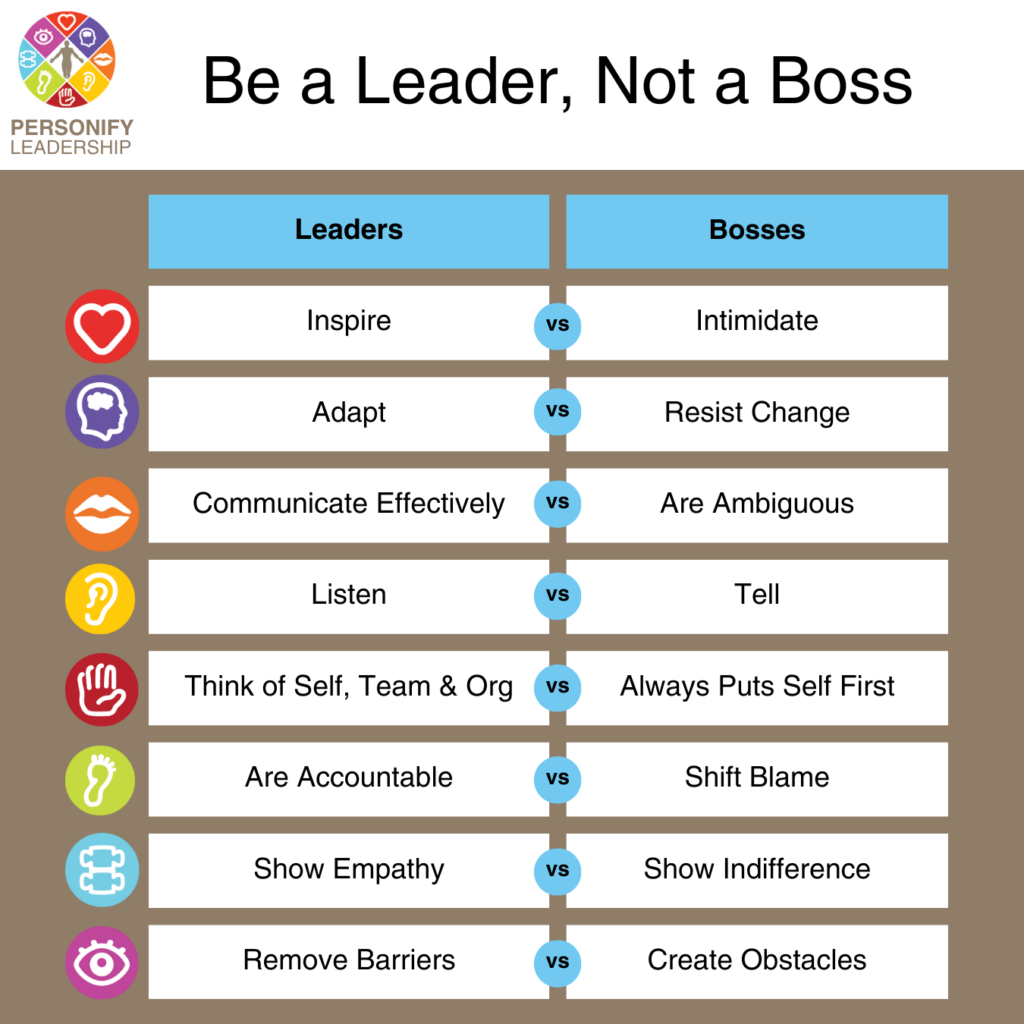
There is a popular saying that goes: ‘People quit bosses, not jobs,’ and I wholeheartedly believe this.
Being a boss is not the same as being a leader. “Boss” is a given title, but “leader” is an earned responsibility. And knowing the differences not only impact your business for the better but also — and more importantly — your employees’ lives. At Personify, we focus on the core competencies of what makes an effective leader, and we would love to help you with the essential skills for being an effective leader.
How Clarifying & Confirming Saved a Relationship
- Nov 12, 2023
- By personifyadmin
- In Newsletters
- 0 Comments
“What did you mean when you said __________?”
This statement saved me from ruining a relationship.
Have you ever reacted poorly to something someone said in an email? I remember one email in particular from a colleague where 95% of her email was fine, then there was one statement that really offended me. I mean, I went from zero to ten on the ‘ticked off meter’ in a heartbeat. I couldn’t believe she would say such a thing to me! I hit reply and started typing back an emotionally charged response. As I was about to hit send, I paused and said out loud, “I really can’t believe she would say such a thing.” As soon as the words came out of my mouth, it caused me to pause a bit more, which gave me enough time to think a little more rationally. I decided to clarify what she meant rather than send my loaded email. I backed out my highly emotional response and instead asked, “Can you clarify what you meant when you said _______.” Then I hit send.
A few minutes later, I received her response. It was nothing even close to how I had perceived it. I had taken what she said completely out of context. Had I sent my initial emotionally charged email, I would have caused some significant damage to our relationship. I’m so glad I took the time to pause and seek further clarification on what she meant rather than responding emotionally.
We lose a lot of the message when we are communicating by email. Tone, emotion, and body language are mostly missing when we just have the written word, and research shows that most of the meaning in the message lies within these elements. I’m sure many of you can relate to this quick story and have a similar one you could share.
We teach Effective Communication skills in our Core Leadership Program, specifically in our Voice & Ears modules. If you would like to increase your effectiveness as a leader and learn more about communicating better with others, consider registering for our next Core Leadership Program.
~Michelle Cummings, CEO & Founder, Personify Leadership
The Messiness and Order of Creating New Programs
- Oct 27, 2023
- By personifyadmin
- In Newsletters
- 0 Comments
I have spent the last several months designing a new program for Personify Leadership. It’s the Deep Dive program that leaders can take after they have completed our Core Program. When we designed Core, it took a full year of designing and tweaking, and we still make small changes here and there to keep the content current and relevant. I facilitated the pilot for Deep Dive last week, and I’m so excited for this new program to come to fruition. I have felt ALL the feels over the last several weeks: exhausted, overwhelmed, elated, frustrated, hopeful, sad, overjoyed, creative, hysterical, spent and relieved. Now that the pilot is complete, it’s still all of those things, but with a sense of calm and peace that is palpable. I know this program is going to change lives.
A great metaphor that really sums up the last few months is this: You know when you decide to clean out a closet that is crammed with all the things you think you need? You first have to destroy it and pull everything out to get it organized. You know there’s good stuff in there, but you have to examine all the pieces to determine what stays and what goes. Then you put everything back in juuuuust the right places and you are thrilled with the result. That’s where I’m at now. I’m tired, and emotionally spent, but absolutely thrilled with the result. There’s still a LOT of work to do, but the roadmap has been set!
A HUGE shout out to my Personify team and trusted colleagues for their investment of time, effort, energy and support. This is a true collaboration of some the best humans I know. Gerry Singleton, Kristin Salada, Linda Williams, David McMurray, Zachary Singleton, Paul Cummings, Janeen McDonald, Sara Page, John Dee and Roxanne Esquibel. And an honorable mention to my Training Wheels team for being patient with me and understanding when my time and energy has been devoted other places. I am truly blessed.
Stay tuned for our official launch of the Deep Dive program in 2024! Please register for our next Core Program (which is required before you can go through Deep Dive) to so you can experience our new programs when they launch.
~Michelle Cummings, CEO of Personify Leadership
Three Reasons Delegation Fails – Dissecting Delegation for Better Results
- Oct 03, 2023
- By personifyadmin
- In Newsletters
- 0 Comments
Recently, I was asked by the Association for Talent Development to write a few articles for their blog. The first article I wrote is called Three Reasons Delegation Fails – Dissecting Delegation for Better Results. Part of being a good leader is getting work done through others. Once an individual goes from a peer level to a people manager level, one critical skill they will need is effective delegation.
Delegation can be tricky and is full of potential pitfalls. When we do it well, we help others develop and grow. When we don’t do it effectively, we can create sabotage. When we don’t do it at all, we limit our growth and the growth of others. What is it that makes delegation so challenging to embrace, and why do those who do it so often fail to reach their goals? Let’s start by looking at what we really mean when we talk about delegation.
At Personify Leadership, we define delegation as: Sharing authority and responsibility with a delegate.
We define a delegate as: One who is authorized to act for, or represent, others.
With those definitions in mind, let’s look at the three main reasons delegation fails.
- We Don’t Want to Be Vulnerable
- We Don’t Know How to Properly Delegate
- We Don’t Provide Our Delegates With Voice and Choice
I cover all three of these thoroughly in the article, as well as the solutions to overcome the Delegation Pitfalls.
Click here to read the full article.
We thoroughly cover Delegation in our Core Program in the Hands Module: Be a Leader who provides direction and support. Join us for our next Open Enrollment class to experience this firsthand.
~Michelle Cummings, CEO of Personify Leadership
×
At the heart of every high-performing organization is a strong leader – someone who drives the vision, creates the company culture and knows how to call the shots in a time of crisis. Wouldn’t it be great if every company had multiple leaders like that?
Stay up to date.
Join Our Newsletter for the latest Personify Leadership News.
© 2012-2025 Personify Leadership. All Rights Reserved.


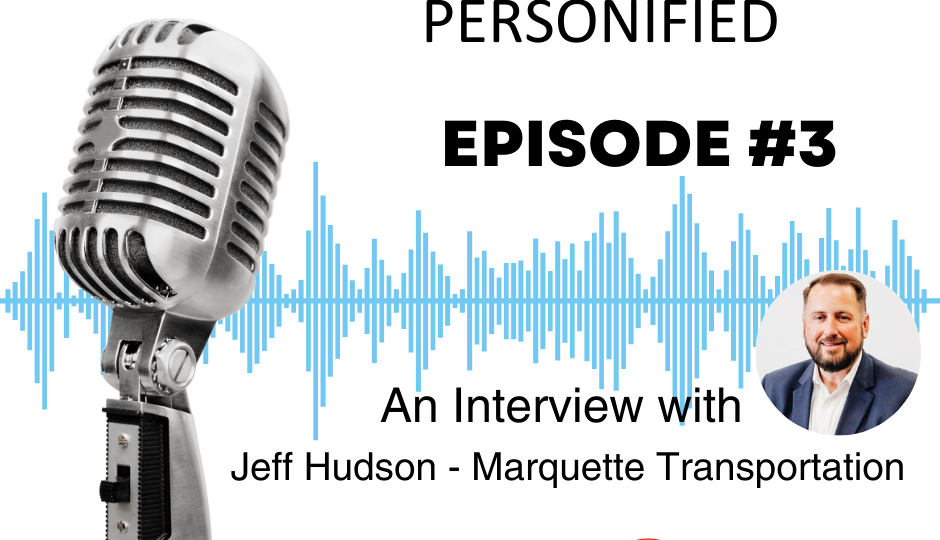
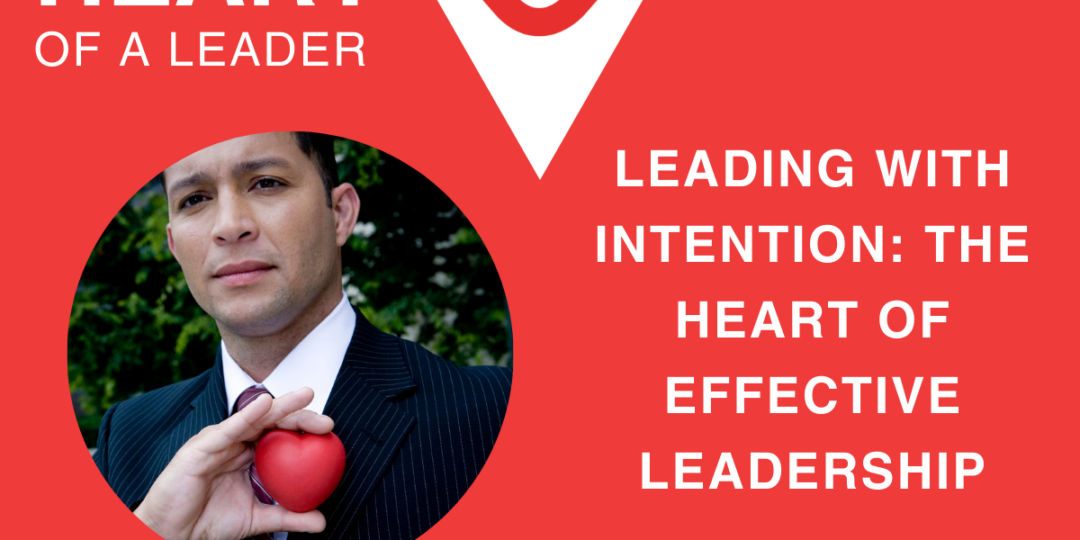

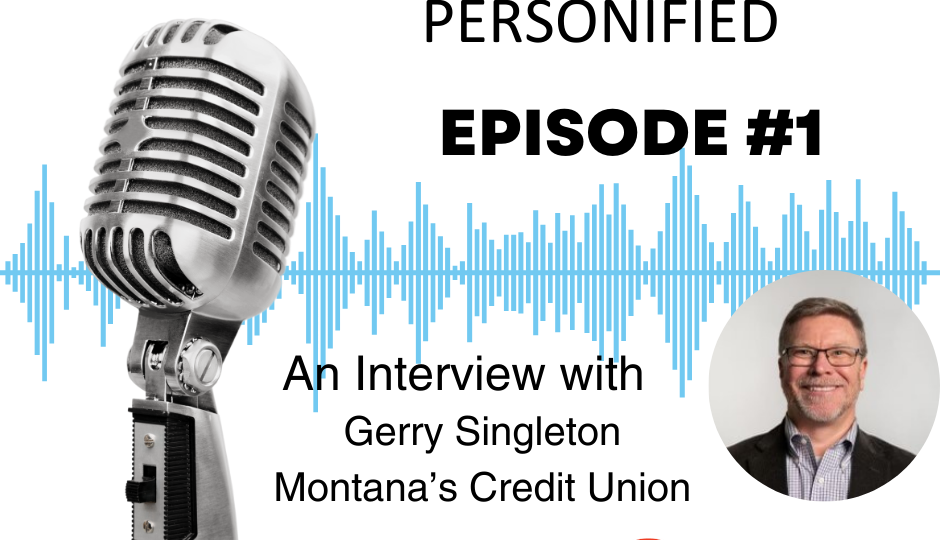
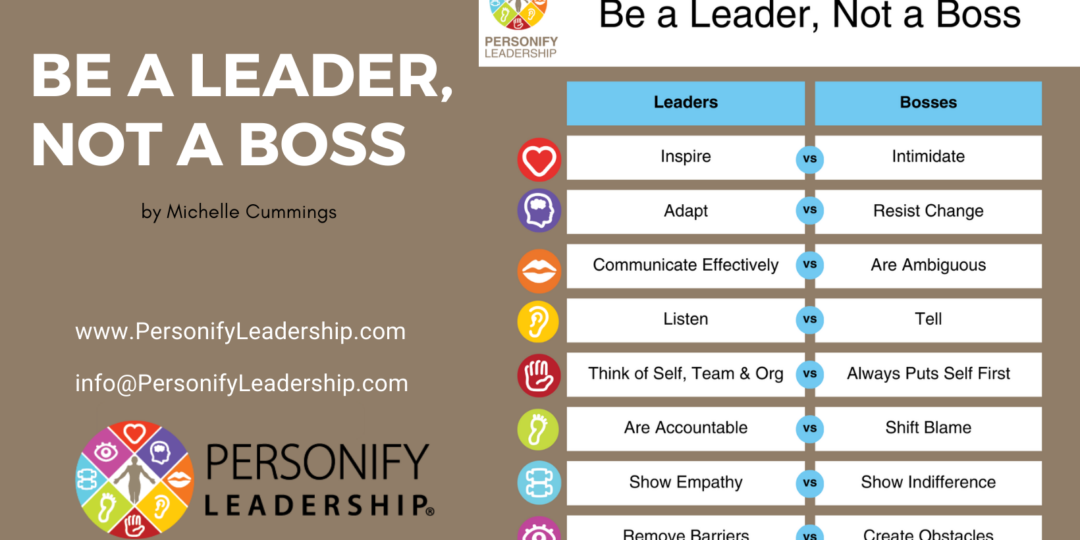



Recent Comments